9 Ways to Live Below Your Means Without Feeling Miserable
Living below your means gets a bad rep, but it is less about cutting joy and more about cutting nonsense. Less money stress hanging around means more energy for the things that really matter—and that kind of breathing room feels a lot more like freedom than sacrifice.
Organize Your Financial Information

Credit: Elena Photo
Gather your bank statements, loan balances, pay stubs, and credit card bills from the past few months and sort through them carefully. Break expenses into categories, and you will likely spot some spending you did not even realize added up.
Determine Your Income and Budget
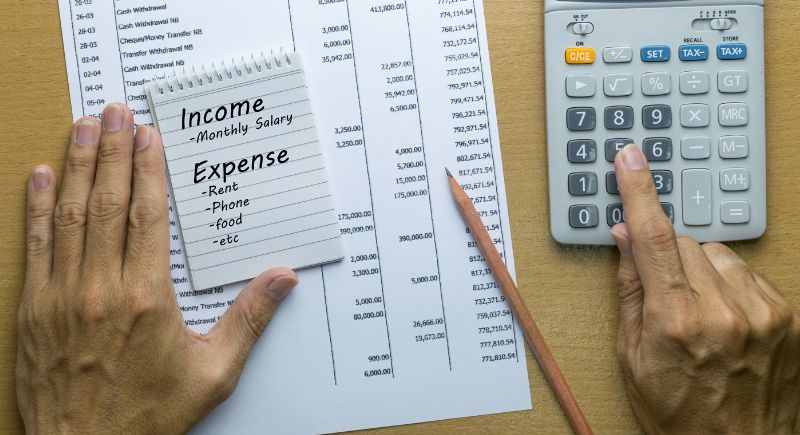
Credit: Getty Images
Start by figuring out exactly how much money you bring in each month. Then pick a method that works for you—like an app, spreadsheet, or notebook—to track your expenses. After about 30 days, you’ll start to see patterns. From there, you can make small changes that improve your budget without changing your whole lifestyle.
Control Major Spending Categories
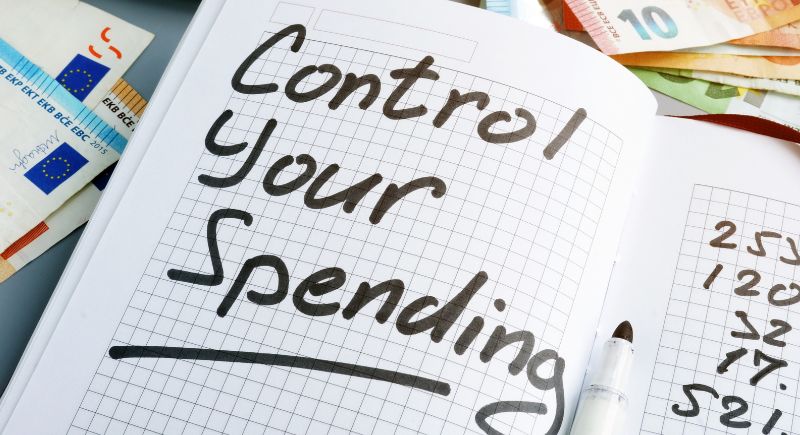
Credit: Getty Images
Trimming little expenses can feel good, but the real game-changer is tackling where most of your paycheck disappears. Housing costs should ideally stay around 30%, while transportation and food should hover closer to 15% each. Getting these big areas under control gives you more breathing room everywhere else.
Eliminate Unnecessary Subscriptions and Fees
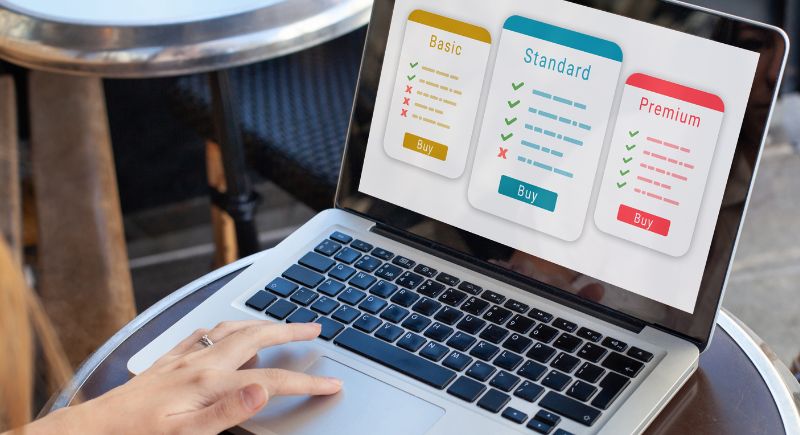
Credit: Getty Images
Clearing out the clutter leaves more room for what makes your money feel well spent. Unused subscriptions, abandoned apps, and random delivery fees can quietly drain your budget. Tighten things up by keeping the expenses you truly enjoy, like a gym membership you actually use.
Establish a Fund for Unexpected Costs
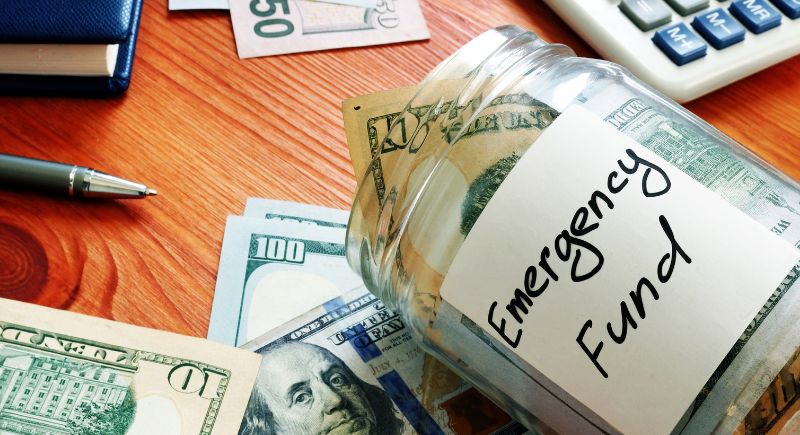
Credit: Getty Images
Life throws curveballs right when you least expect it, which is why an emergency fund is less of a “nice-to-have” and more of a “must-have.” Start simple: save $1K to cover those everyday surprises like car repairs or leaky faucets. Even small, regular deposits can get you there faster than you think.
Invest Extra Money for Future Growth

Credit: Canva
Once bills are paid, every extra dollar becomes a tool to build something bigger. Even modest investments matter: putting $100 a month into a simple stock market index fund can snowball into more than $20K over a decade. Stack those small wins now, and your future self will thank you in a big way.
Choose Experiences Over Fleeting Purchases

Credit: Getty Images
A quick splurge on random stuff fades fast, but dropping that same $100 on a weekend getaway or a hobby you love can leave a lasting mark. Smart spending looks like investing in a solid chef’s knife you will use for years, or grabbing tickets to a concert that stays in your memory longer than any flash sale ever could.
Manage Credit Cards Responsibly

Credit: Canva
Credit cards are not the enemy; it is bad habits that cause trouble. Only swipe for things you can already afford, just like you would with cash or a debit card. That way, you skip the brutal interest charges that sneak up fast. When paid off monthly, credit cards can work in your favor with perks like cashback or travel rewards.
Increase Your Income Streams
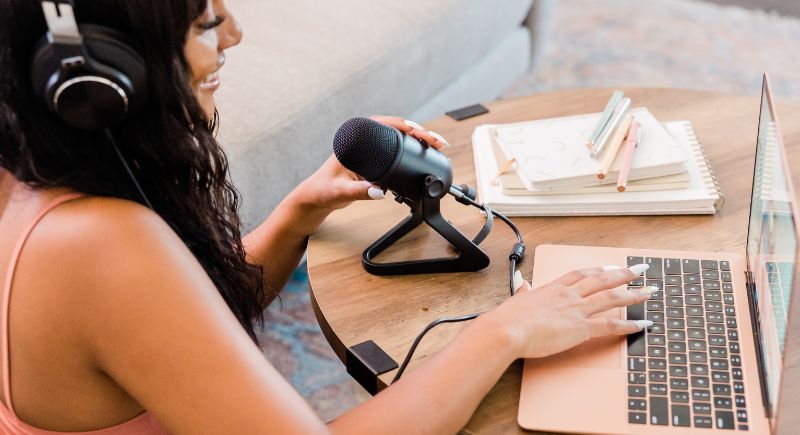
Credit: corelens
Adding extra income—through a freelance project, a weekend side hustle, or even a handful of dividend stocks—can quietly boost your financial breathing room. Even $200 monthly from tutoring or selling crafts snowballs into $2,400 by year’s end.
Consider a Slightly Used Vehicle

Credit: Canva
A brand-new car sheds about 20% of its value before you even hit your first red light and nearly 60% by the five-year mark. Buying a car that is two to four years old lets you dodge that steep decline while still enjoying modern tech and comfort.
Inquire About Lowering Your Bills

Credit: Getty Images
Calling up to negotiate a bill might sound awkward, but it is one of the fastest ways to stretch your money. Cable, internet, insurance, and even medical bills are much more negotiable than people realize. Companies often tuck away discounts and loyalty deals they will not mention unless you bring them up.
Implement a Waiting Period for Non-Essentials

Credit: Getty Images
Building a simple 24-hour rule for anything non-essential over a set amount can save you from buyer’s remorse. Sleep on it, and the urge will likely fade. Instead of letting new money push you into bigger spending, channel it toward real goals like savings or debt freedom before it disappears.
Automate Bill Payments

Credit: Getty Images
Every missed due date racks up interest and fees, which turns a $50 balance into a bigger, messier problem by next month. Setting up automatic minimum payments keeps you from slipping. Credit cards should top your list since they tend to charge the steepest interest.
Seek Out Affordable Entertainment

Credit: Getty Images
Fun does not have to come with a hefty price tag—you just need to pick smarter plays. Focus on activities that deliver more laughs for less cash. Swapping a high-dollar night out for a free festival, a community event, or a backyard hangout keeps the good vibes alive without torching your wallet.